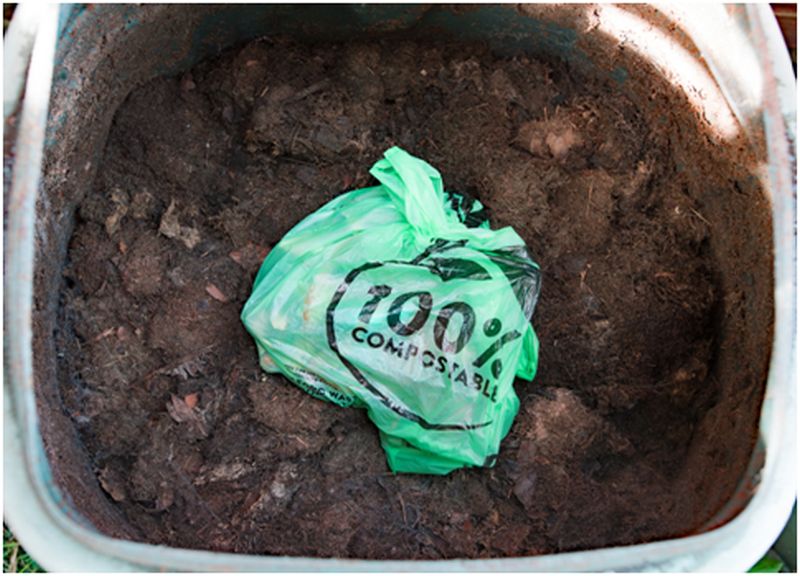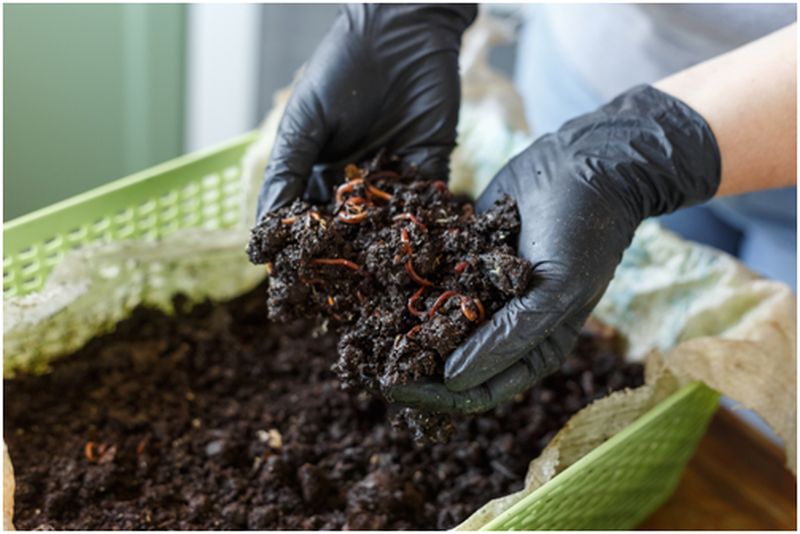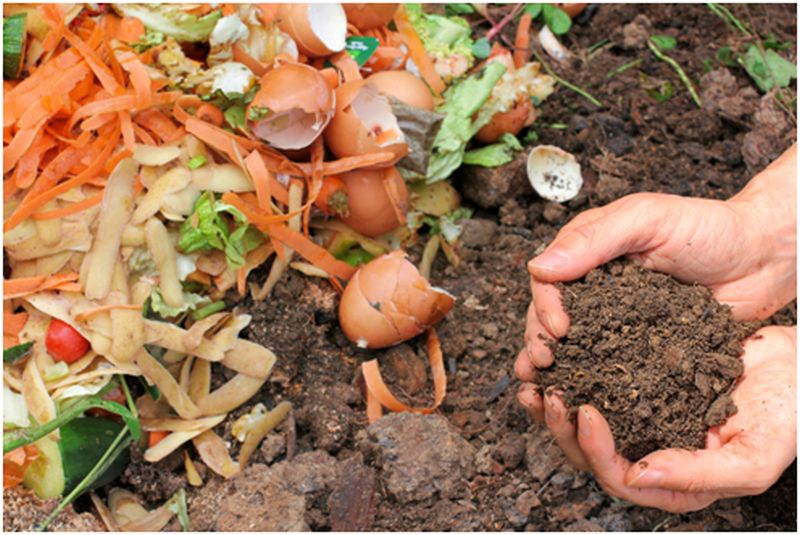Just like residential homes, businesses generate a lot of waste. In 2018, about 2.6 million tons of food trash and 22.3 million tons of yard clippings were created, a quintuple increase since 1990.
Many business owners may not consider all their recycling options, especially when they are most familiar with landfill waste. When making an informed decision regarding waste management for your business, you may think about commercial composting. Using recycling bags reduces the amount of trash going into landfills and creates a healthier environment.
What Is Commercial Composting?
Commercial composting involves a commercial composting facility handling high amounts of organic waste. It gathers waste from grocery stores, restaurants and other commercial entities. Some commercial compost facilities work with municipal garbage and recycling departments to collect compost, while others work as private entities.
At the facility, staff members turn and rotate the compost as needed and process it for sale or distribution. They may also add straw and chaff to the compost to break it down. Workers monitor the compost piles with temperature sensors and probes to ensure the natural growth of bacteria that help break down the organic waste.
Commercial compost is of high quality, particularly when the staff care for and process the compost. The facilities sell the compost to farms and nurseries that supply organic waste and receive processed compost. The compost can be used for municipal landscaping or provided to citizens for free upon request.
How Commercial Composting Can Benefit Your Business
With commercial composting, you can take part in next-level trash removal that can help you save money to improve the environmental sustainability of your business.
1. Be green
If food scraps go to the landfill or incinerator, decomposition or combustion creates more greenhouse gasses and other dangerous emissions. Composting cuts emissions and adds nutrients to the soil, allowing farmers and individuals to grow more food. It helps create a circular economy that goes from your business to municipalities and local citizens.
2. Save money
Many businesses may consider waste handling an afterthought; hauling costs may be expensive. Separating food scraps from garbage and composting them might help your business save time and money on trash collection. Depending on the compost facility you partner with, compost collection may be inexpensive compared to trash collection.
What Waste Materials Are Fit for Composting?

Commercial compost facilities determine the appropriate waste materials for composting. Since different facilities have varying rules for composting certain waste materials, check with them first to see if they accept the waste materials generated by your business. Most commercial compost facilities accept the following materials:
1. Food scraps and waste are great to add nutrients
Fruits, nuts, pits and grains are among the foods you can compost. You may need to check with your commercial facility if they accept dairy and meat products. These waste products have odor problems and attract pests like rats and flies, according to the Environmental Protection Agency (EPA).
2. Yard clippings add bulk
If your business produces yard waste such as grass clippings and wooden debris, these materials are ideal for composting. They can easily break down in the compost piles at the facilities.
3. Paper materials can be used if non-toxic
Natural, unbleached paper towels are ideal for composting as long as they do not soak up chemicals. Compostable paper products, cutlery and containers may not always be accepted at the compost facility.
If a facility generates organic compost, it won’t accept bioplastic materials and treated paper products such as newspapers. Certain facilities accept paper goods because they provide a high amount of carbon-nitrogen to break down waste materials in the compost.
How Can I Implement Composting at My Workplace?
Composting in the workplace improves a company’s level of social responsibility and reduces the overall amount of trash the organization produces. This results in a smaller carbon footprint for the business.
You can implement composting at work through small actions that make a difference over time:
1. Add a green bin
Adding a green bin for compost to the office kitchen area or in the food preparation area of the counter makes it possible for employees preparing or eating lunch at work to make eco-friendly choices about how they dispose of their organic waste, such as throwing trash away in eco-friendly trash bags.
Rather than heavy-duty bags for garbage that doesn’t break down, your green bin waste is contained in special biodegradable bags that break down along with your compost.
2. Introduce an indoor compost bin

Rather than a green bin that you empty into an outdoor composting bin daily, smaller workplaces with under ten employees may find it more practical to add an indoor composting bin to their kitchen space. These bins allow food waste to break down with the addition of green and brown matter, preventing the odors of a green bin. Since it is a properly balanced compost and the bin doesn’t smell; you can get away with emptying this receptacle into a larger outdoor bin or vermicompost system approximately once a week.
3. Try a vermicompost system
Vermicomposting, also called worm composting, uses earthworm digestion to break down food waste and compost into rich soil. Once you set up a vermicompost system, you can empty your indoor compost into it, feeding this waste to the worms.
4. Educate staff members
To educate other staff members about what can and cannot be composted or placed in a green bin, it’s a good idea to post signs in the lunchroom or kitchen. These visual reminders help employees learn and remember what items they can compost rather than throwing everything in the trash.
5. Ensure maintenance staff knows how to handle food waste receptacles
Composting at work goes beyond informing workers on what items go in the green bin. To successfully compost in the workplace, maintenance staff responsible for handling and disposing of the food waste needs to know how to do this properly.
Depending on the system you set up in your office or facility, this could mean regular green bin collection and transfer of the food waste to an outdoor composting bin, or it could require them to empty an indoor bin into a vermicomposter once a week.
Make a Change Today
Implementing composting practices and initiatives to reduce waste starts with small changes that can significantly impact your business. When you begin to think consciously about how your company can go green and create less waste, you can save money and appeal to eco-conscious consumers.
Article Submitted By Community Writer




